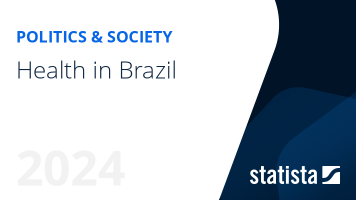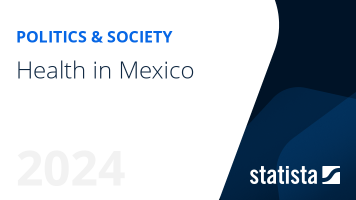Health in Haiti - Statistics & Facts
More than a matter of healthcare access
However, the concern with health in Haiti goes beyond healthcare access, the number of physicians, or money spent directly on medical care. Basic rights crucial for health outcomes such as access to clean water and food are lacking for a large part of the population. In 2024, it was estimated that Haiti was one of the countries most affected by hunger and malnutrition, along with African nations such as Somalia, Chad, Madagascar, and the Democratic Republic of the Congo. As of 2020, only an estimated 19 percent of the over 11 million people living in Haiti had access to safely managed drinking water, and only around a third of them could access proper sanitation. This has resulted in various negative outcomes such as the life expectancy at birth being lower when compared to other Latin American nations.Most recent challenges affecting health in Haiti
Since the beginning of the COVID-19 pandemic, the Caribbean country has endured a series of additional substantial challenges. A cholera outbreak, ongoing political instability, a strong earthquake that hit the island in August 2021, and a wave of violence that has strongly intensified within the last years, have been some of the additional hurdles faced by the population. When it comes to COVID-19, even with international support through the COVAX program, Haiti only started immunizing its population by the end of July 2021, months after other countries had begun vaccination campaigns. To date, the country has the lowest vaccination rate in Latin America and the Caribbean.An improvement of Haiti’s health situation is complex and necessary, and will likely require multiple structural changes, prioritization of the most pressing issues, and various locally and internationally supported initiatives.






























































